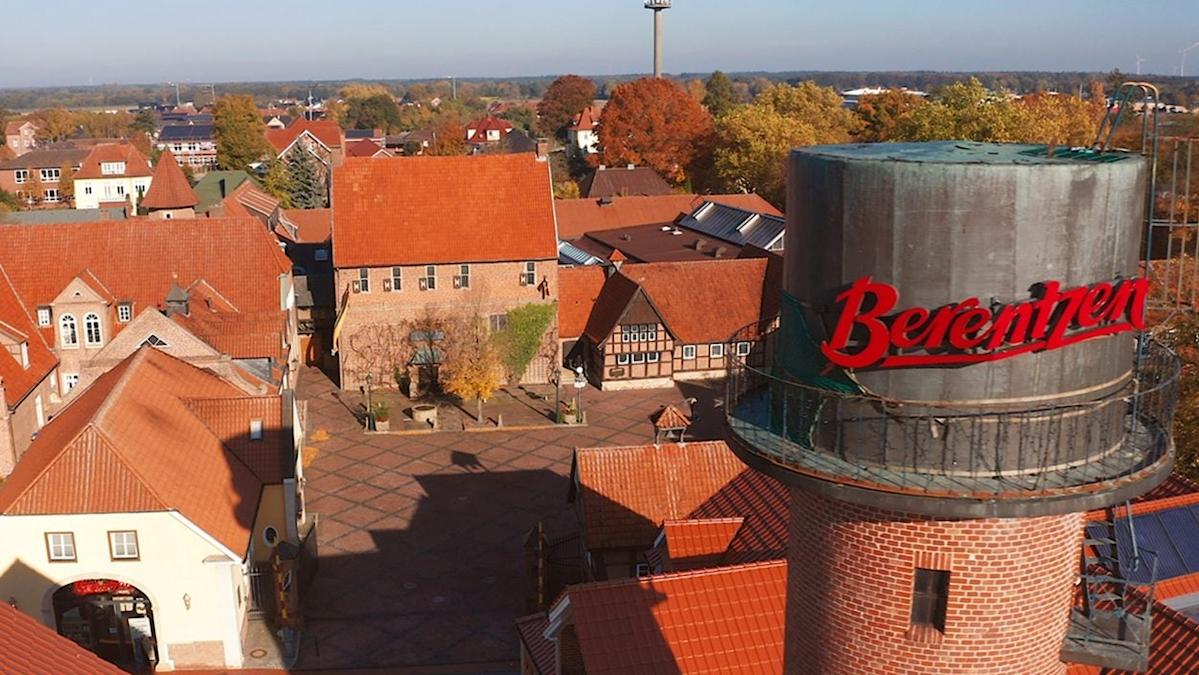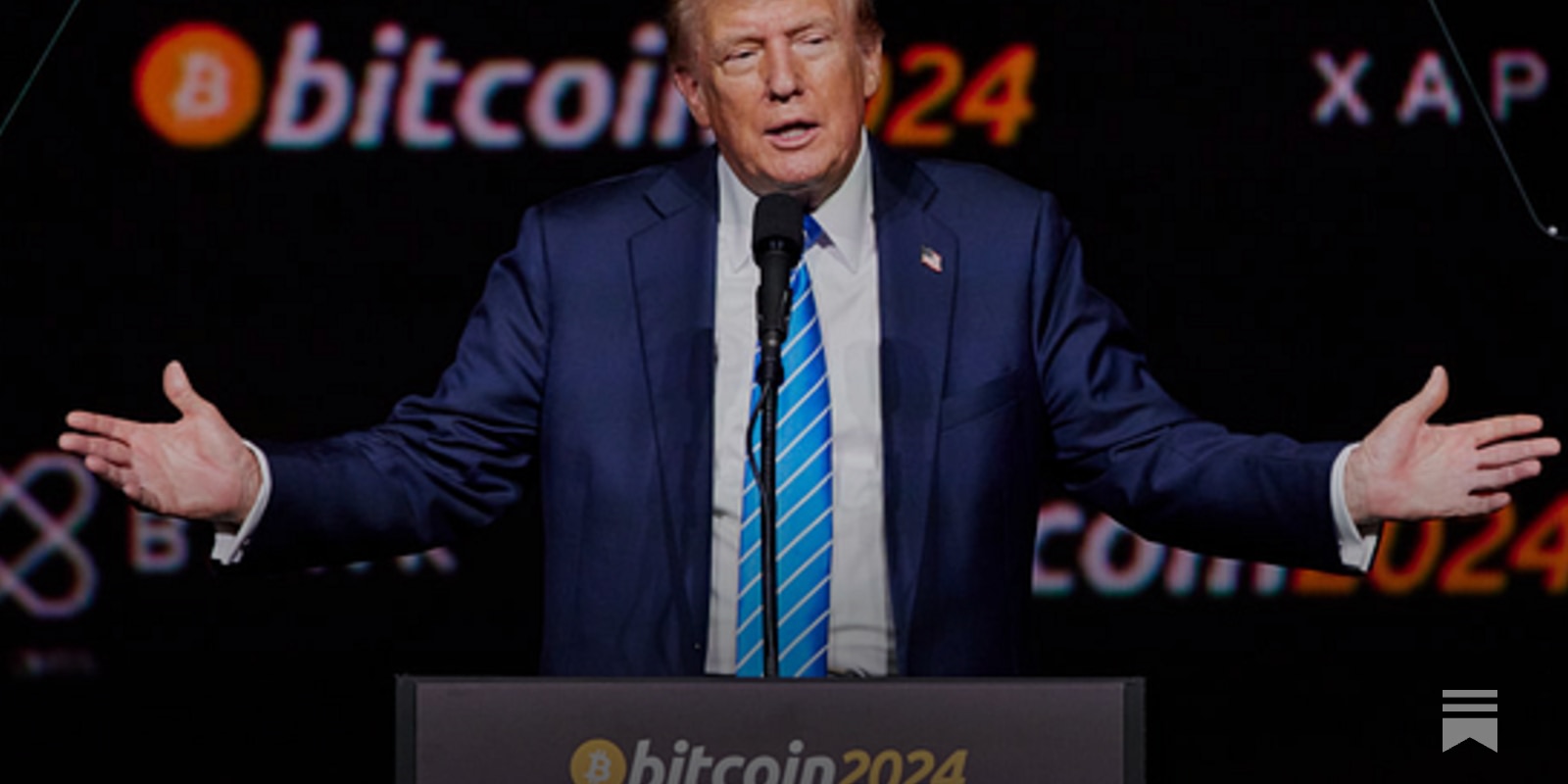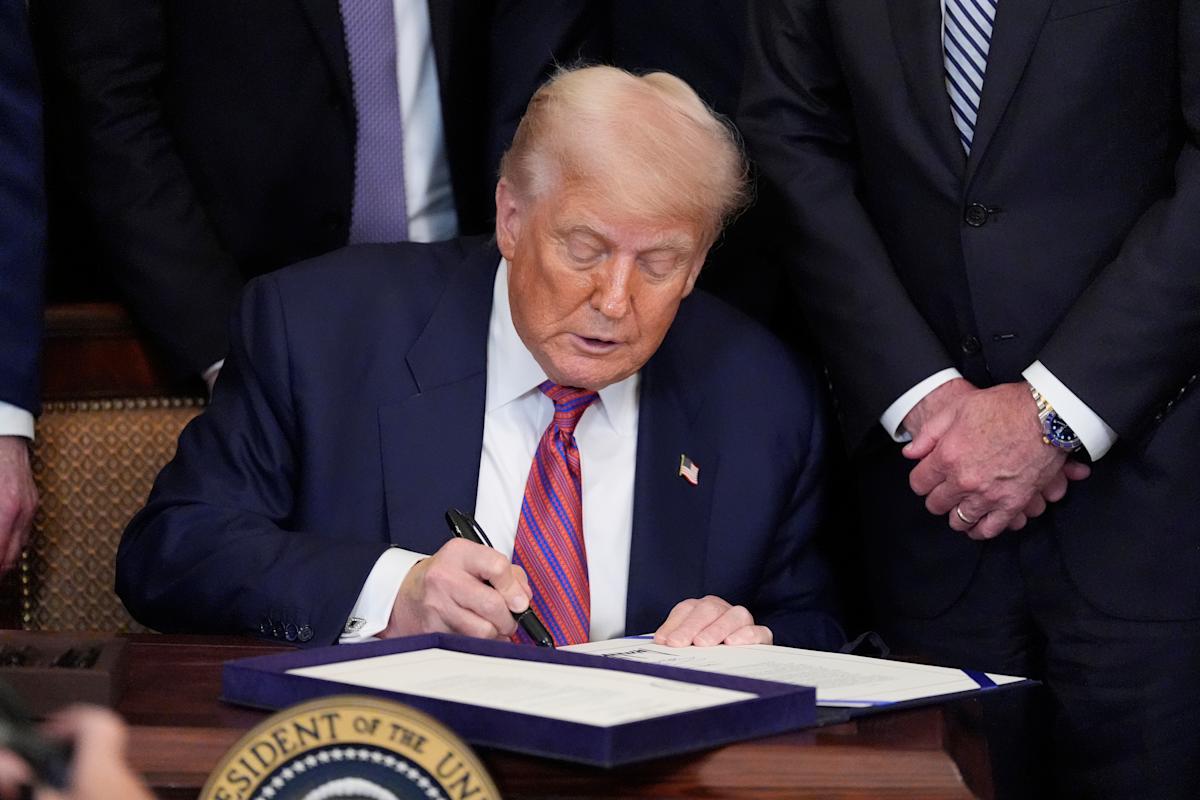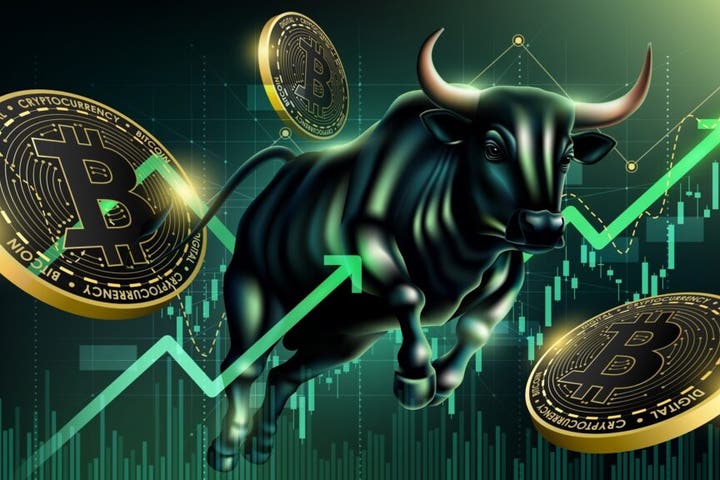From Bitcoin Maxis to Yield Farmers: A Crypto Archetype Glossary
From bitcoin maxis to degens and yield farmers, even OG HODLers, the crypto space isn’t just pure technology. To its most diehard supporters, the industry represents a powder keg of culture, ideology and economics, all crashing into each other on-chain.
For traditional players, understanding how different factions describe themselves can serve as a way to understand what they are looking to get out of, or build into, at the intersection of finance and blockchain.
Unpacking the Archetypes for a Who’s Who in Web3
The bitcoin maximalist is one of the more recognizable personas dominating the crypto sphere. To maxis, bitcoin isn’t just the first cryptocurrency. It’s the only one that matters. They can be found pushing things like strategic bitcoin reserves and telling anyone who will listen that the value of bitcoin will one day reach the millions.
These bitcoin maxis, who can frequently refer to themselves as being “orange-pilled,” were once on the fringe. But they are becoming more mainstream as crypto itself becomes more embraced across the financial landscape. Dozens of companies, following the lead of Strategy (formerly MicroStrategy), have now launched corporate bitcoin treasuries, turning their businesses, in essence, into a financial bet on the digital currency’s future value.
In April, a new company formed by Cantor Fitzgerald, Tether Holdings SA and SoftBank Group, Twenty One Capital, aimed to become one of the largest public holders of bitcoin by deploying billions of dollars to stockpile the digital asset.
Meanwhile, J.P. Morgan Chase CEO Jamie Dimon said May 19 that the bank now offers its clients access to bitcoin. The bank announced Wednesday (June 4) plans to offer financing to clients using spot bitcoin exchange-traded funds (ETFs) such as BlackRock’s iShares Bitcoin Trust (IBIT) as collateral.
“I don’t think you should smoke, but I defend your right to smoke,” Dimon said in May. “I defend your right to buy bitcoin.”
Read also:Are Crypto Markets Going Mainstream? What Treasury Execs Should Know
For crypto advocates who view themselves as builders, the blockchain is an experimental playground. These are the developers, engineers and entrepreneurs deploying smart contracts, creating payment networks, and launching Layer 2 solutions. They are often chain-agnostic and driven by a hacker ethos of permissionless innovation.
“The biggest problem in crypto is not adoption, it’s the user experience,” Mesh CEO and co-founder Bam Azizi told PYMNTS last month. “You need to make payments so simple that even a grandmother will use it one day, maybe without even knowing that the mechanism behind the scenes is a stablecoin … to do that, you need to do a lot of heavy lifting.”
That’s where the builders come in. They can be dismissive of the hype cycles (and market collapses) but are invested in shipping products that work and bring blockchain closer to institutional-grade architecture.
“Banks are in the state where they are thinking about blockchains as public infrastructure that they need to rely on,” Chainalysis co-founder and CEO Jonathan Levin told PYMNTS in April. “Back in 2014 … cryptocurrency only meant blockchains that had native cryptocurrency tokens. Today, people are putting all types of financial instruments on the blockchain.”
Power Struggles That Could Define the Future of Blockchain
Degens represent the risk-tolerant end of the spectrum. They are the high-flying crypto market traders, found on exchanges like Binance and formerly FTX. For them, crypto is a game of high-stakes strategy. Yield farming, airdrop hunting, meme coin speculation — these activities aren’t just profit-driven, they’re cultural rituals.
Degens are all about tokenizing everything onto the blockchain and then trading or building financial products with it. To gain their favor (and investment fees), the marketplace is responding. Crypto exchange Kraken is planning to offer tokenized versions of more than 50 stocks, called xStocks, including names likeApple, Tesla and Nvidia, along with exchange-traded funds (ETFs), showing that blockchain is increasingly maturing beyond its earlier history.
Kraken’s xStocks aren’t targeting American day traders or Wall Street veterans. Instead, they’re aimed at retail investors in emerging and underserved markets. But as crypto market regulation starts to shape up in the United States, what might happen next could be anyone’s guess.
Yield farmers are similar in that these individuals or entities are seeking to maximize their returns by strategically moving their crypto assets across different decentralized finance (DeFi) protocols. Yield farming is essentially the act of putting crypto assets to work to earn passive income, often in the form of interest, rewards or tokens.
Yield farmers seek out platforms offering the highest annual percentage yield. They may switch protocols frequently, sometimes daily or hourly, in pursuit of better returns.
See also:The CFO and Treasurer’s Guide to Digital Assets
The OG HODLers are the original gangsters of crypto, so to speak. These are the individuals who bought in early, weathered the Mt. Gox collapse, and held through multiple bear markets. To them, crypto is not a career or a play-to-earn game. It’s a multi-decade revolution, and OGs often sit on holdings and prefer cold wallets to constant engagement.
Some may argue this tribalism is holding the industry back, creating echo chambers and slowing down consensus on technical standards. Others believe it’s a feature, not a bug, the sign of a healthy, pluralistic ecosystem.
As crypto matures, the stakes get higher. Governments are crafting regulations, institutional money is flowing in, and technological standards are being codified. In this landscape, who gets to speak for crypto? Who sets the rules? Who gets funded?
New archetypes are also entering the arena, such as crypto corporates. Once derided, institutional players are now a dominant force. Whether it’s BlackRock pushing Bitcoin ETFs, Visa integrating stablecoins, or Coinbase going public, corporate involvement is legitimizing crypto in the eyes of regulators and traditional investors.
However, many experts worry that this comes at the cost of KYC, surveillance and centralization. Still, the capital and stability these entities provide are reshaping the competitive landscape. And their regulatory capabilities are helping shape the future.
Content Original Link:
" target="_blank">

































